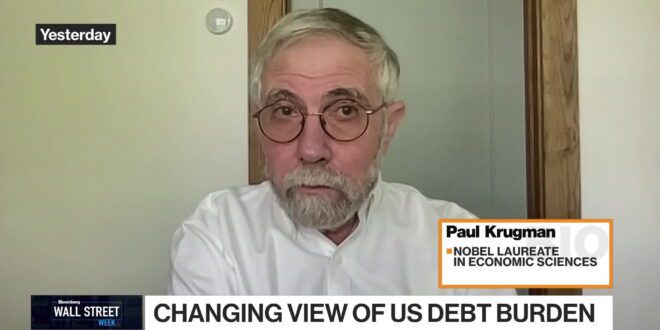Politics and Debt in America: Insights from economist Paul Krugman
American politics is unique in many ways, including the role that debt and deficits play in public discourse. According to Nobel Prize-winning economist Paul Krugman, this focus on deficit reduction is largely a product of political dogma rather than sound economic strategy.
The Political Roots of Debt Reduction
In his recent column for the New York Times, Krugman argues that the Republican Party has long pushed for deficit reduction as a means of achieving its broader agenda. This has led to a situation where even Democrats feel pressure to focus on debt reduction as a key policy goal, even though it may not be the most effective way to address the country’s economic challenges.
The Limits of Austerity
Krugman points out that the focus on austerity and budget cuts has been largely ineffective in boosting economic growth in other countries that have pursued these strategies. Instead, he argues that the government needs to focus on more direct forms of economic stimulus, such as infrastructure spending and investment in education and research.
The Impact on Social Programs
One of the key impacts of the focus on deficit reduction is that it has led to cuts in social programs that are critical for many Americans. From healthcare to education and food assistance, these programs have been reduced as part of an effort to reduce government spending. Krugman argues that these cuts have been unnecessary and harmful, and that the government needs to prioritize supporting these programs in order to ensure that all Americans have access to basic necessities.
Conclusion
In Krugman’s view, the focus on debt reduction in American politics is largely misplaced, and has been driven by political ideology rather than sound economic policy. He argues that the government needs to shift its focus to more direct forms of economic stimulus, and support social programs that are critical for many Americans. By doing so, he believes that the country can achieve economic growth and promote greater equality and opportunity for all.
 Mind Uncharted Explore. Discover. Learn.
Mind Uncharted Explore. Discover. Learn.
